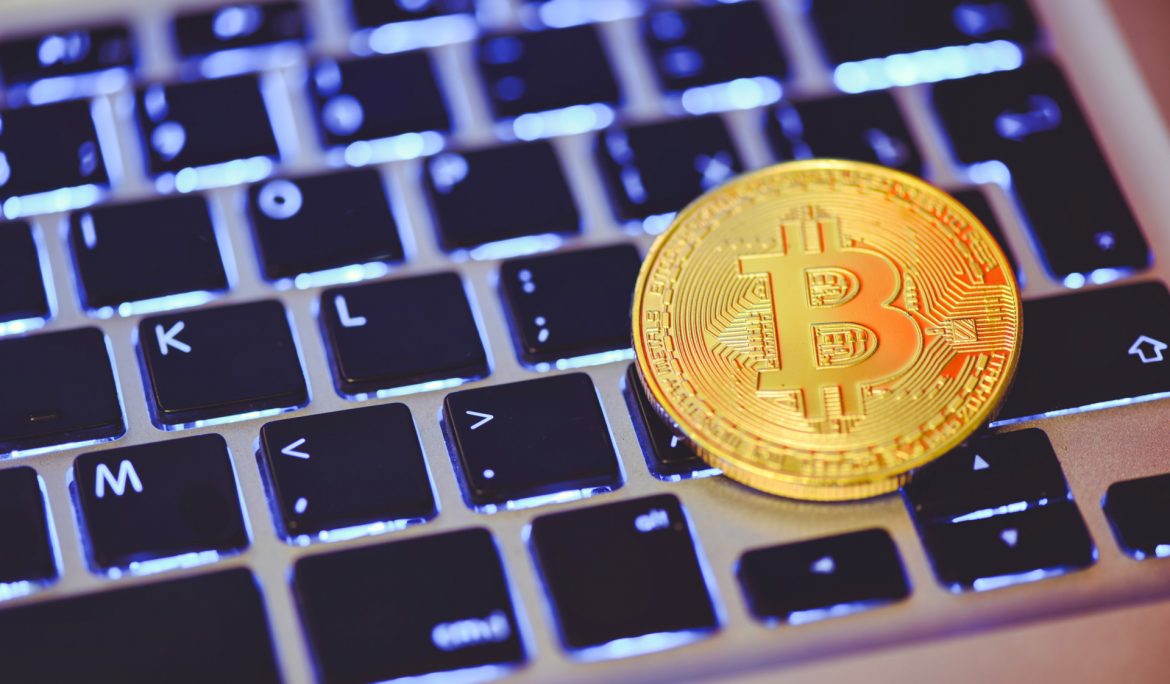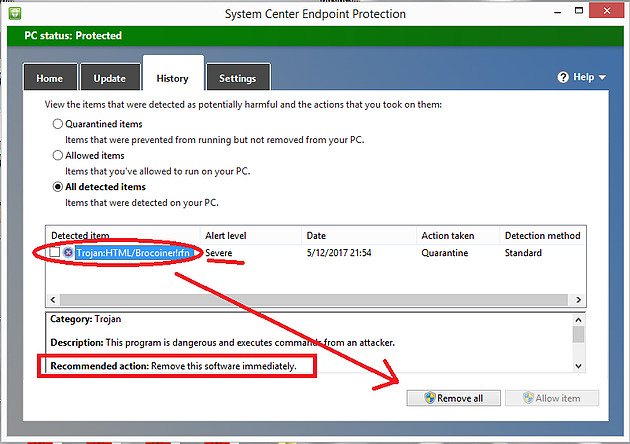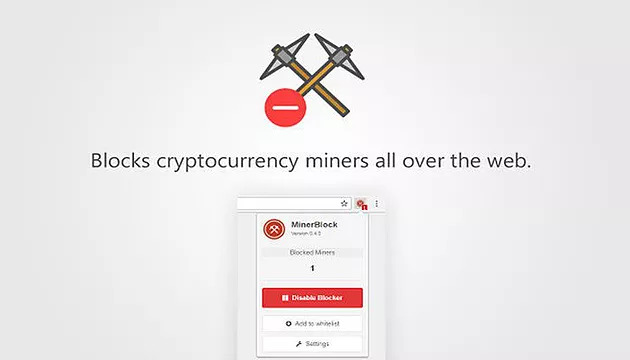Is Your Computer Inadvertently Mining Bitcoins For Others?

Do you experience slow browsing on the internet?
If you do, your computer might be one of the millions out there unknowingly helping cryptocurrency miners. Huh? This is the common response when we share this piece of news with our clients.
Yes, the miners are using your computing resources to make money for themselves. You are paying for it using your electricity, internet bandwidth, computing resources and more.
These miners tap onto computers connected to the internet and use others’ processor (CPU) or memory (RAM) resources to mine crypto via a cryptocurrency software.
Cryptocurrency software can be downloaded when users click onto a compromised link or digital advertisement either on a website or through an email client. These mining software are essentially malware. They can be insidious and not just tap onto users’ computer resources.
One of the major damages they cause is to computer hardware. Cryptocurrency (commonly known as bitcoin) mining requires substantial amount of CPU and RAM resources. The computational power bitcoin guzzles up is usually intensive. If the hardware in a computer is not sufficiently designed to withstand the heavy-lifting required by cryptocurrency mining, the useful life of the computer could be shortened.
Even if a high specification computer is being illegally used to mine, the heat generated by the mining exercise can cause damage to the CPU and RAM from overheating.
If a computer is already ageing or worn out, overheating of the hardware components would aggravate the strain.
The damage also goes beyond hardware. An ecommerce operator can suffer reputational damage, while a logistics company, which usually relies heavily on the internet and being online, can grind to a snail pace.
Other damages can involve theft or pilferage in business information, individual data, hijacking and a trojan for other malware.
A recent case of several computers in an engineering service company encountered a drastic slowdown when accessing company’s online portal. The general manager had initially attributed the slowdown to ageing notebook computers since it was at least three to five years ago when the machines were bought.
After initial analysis by our remote technical team, we advised him and his colleagues to carry out a virus scan with Windows Defender, which comes with Windows operating system in their notebooks.
Windows Defender detected a cryptocurrency miner. According to Microsoft, this malware mines for Monero or other cryptocurrencies.

So what can you do if you suspect or know that you have already been hit by a mining malware?
Launch your antivirus (AV) app, do a quick scan or you could go straight to do a deep scan, if time allows.
If a mining malware is detected, some AVs automatically remove them. If not, you can remove them by clicking onto the Delete button of your AV app.
Conduct another scan, preferably a deep scan to see if that malware pops up again. If it does, you might be in for a nasty surprise.
The next thing you can do is to ensure that you have your important files back up. Though it might be too late as some virus could have already spread to other areas. But nonetheless, back up your essential files.
Use a different AV tool and execute another scan. Follow through the advice provided by the AV app for analysis. Knowing what type of a miner malware or virus can help to more accurately trouble-shoot.
If things become complex, it would be advisable to consult your internal IT for advice.

Above picture from guidingtech.com




